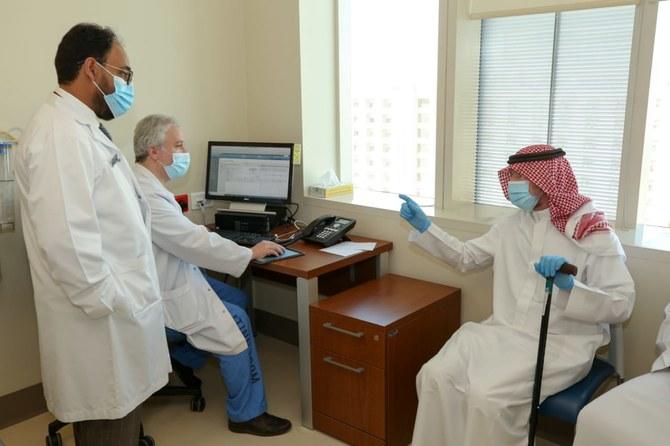The recent news of a 22-year-old man from Riyadh, Saudi Arabia, who donated his organs and saved the lives of five people, highlights the importance of organ donation and the positive impact it can have on society. Organ donation is a noble act that saves the lives of those in need and brings hope to their loved ones.
The young man had been declared brain-dead, but his foresight and selflessness allowed him to make a profound impact on the lives of five strangers. The Saudi Center for Organ Transplant (SCOT) announced that the donor’s organs were successfully transplanted to five patients in need, including kidney, liver, heart, and lung transplants.
The recipients of the young man’s organs were from different age groups and genders, but they all shared the same gratitude and appreciation for the selfless act that saved their lives. At the King Abdulaziz Medical City of the National Guard in Riyadh, a kidney transplant was performed on a 34-year-old woman, while at the King Faisal Specialist Hospital and Research Center (KFSHRC) in Riyadh, a man in his sixties also underwent a kidney transplant.
The liver of the young man was transplanted to a 62-year-old patient at the King Abdulaziz Medical City, and his heart was donated to a 59-year-old man at the same hospital. Finally, a lung transplant was performed on a 56-year-old woman at KFSHRC in Riyadh.
The successful transplants were a result of the young man’s generosity and the hard work of medical professionals at SCOT and various hospitals. Their efforts and dedication made it possible to turn tragedy into hope and bring new life to those in need.
The Saudi Center for Organ Transplant conveyed their appreciation for the young man’s altruistic gesture and encouraged individuals to contemplate organ donation as a means of saving lives and leaving a significant imprint on society. The donation of organs is a gift that keeps on giving, as it not only saves lives but also brings comfort to the families of those in need.
Organ donation is a critical issue in many countries, as the demand for organs far outweighs the supply. According to the World Health Organization (WHO), only 10% of the global need for organs is being met, resulting in the death of many patients who are waiting for transplants. Therefore, the donation of organs is a crucial step in addressing this issue and saving the lives of those in need.
Despite the importance of organ donation, many misconceptions and myths surround the process, which can deter people from donating their organs. One of the most common myths is that organ donation disfigures the body, making it impossible to hold an open casket funeral. However, this is not true, as the donation process is conducted with great care and respect, leaving the body intact and ready for a funeral service.
Another common myth is that organ donation is against religious beliefs. However, many religions support organ donation as a way to save lives and help others in need. For instance, in Islam, organ donation is viewed as a noble act of charity, while in Christianity, it is seen as an act of love and compassion.

Moreover, organ donation is a personal choice that should be respected by society. It is up to individuals to decide whether to donate their organs or not, and their decision should be honored regardless of their reasons.
The recent news of a 22-year-old man from Riyadh, Saudi Arabia, who donated his organs and saved the lives of five people, highlights the importance of organ donation and the positive impact it can have on society. The young man’s noble gesture serves as a reminder of the power of altruism and the potential for good that lies within us all. Organ donation is a critical issue that requires the support and involvement of the entire community, as it



